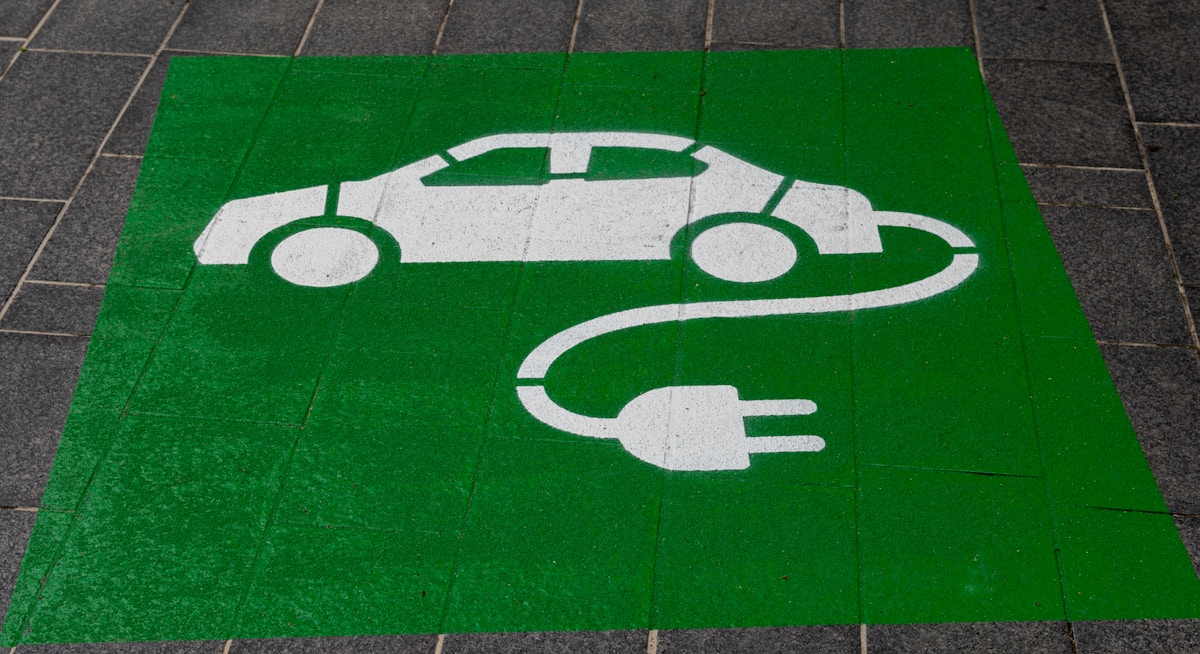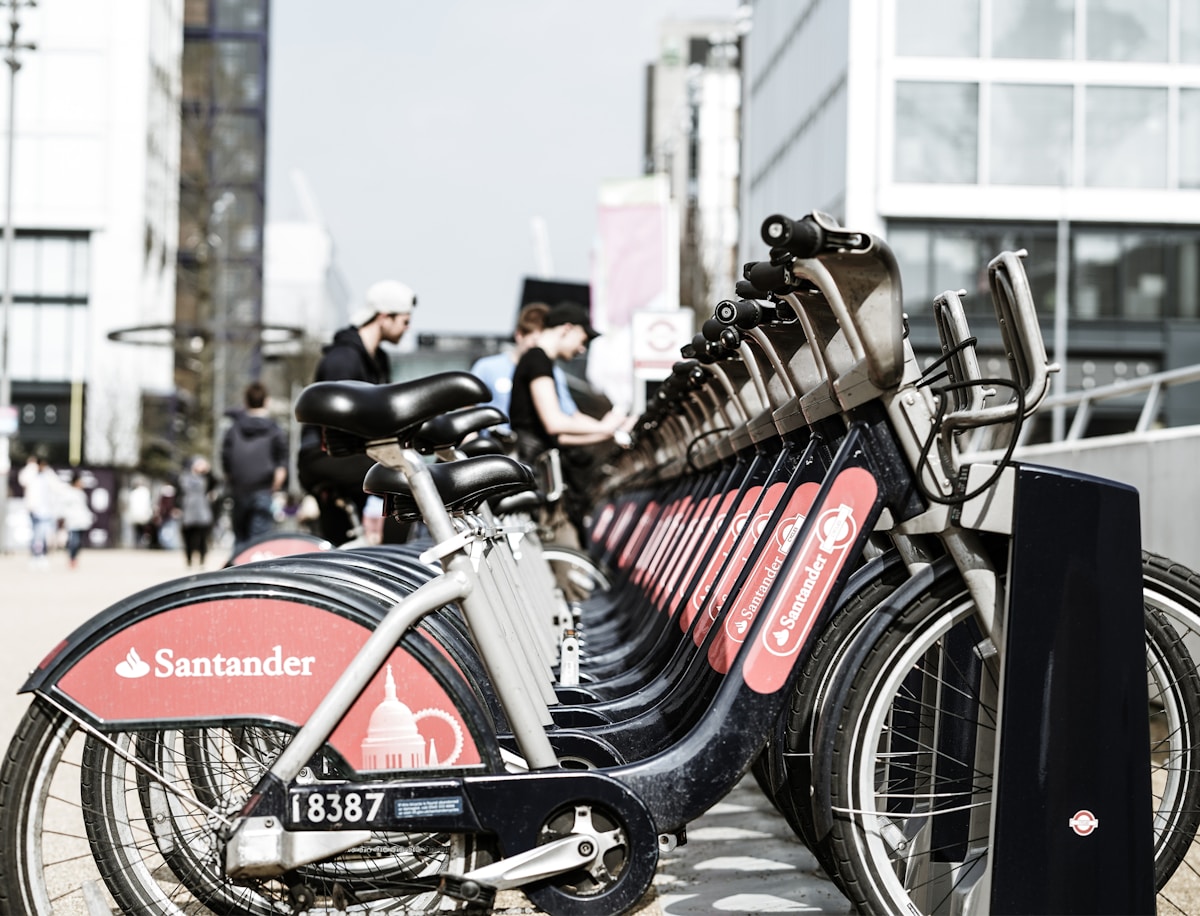
- Energy Coaches
- Heating and Cooling
- The Plan
- About PREP
- …
- Energy Coaches
- Heating and Cooling
- The Plan
- About PREP
PETERBOROUGH RENEWABLE ENERGY PROJECT
PREP - Leading Peterborough to a 100% Renewable Energy Future
- Energy Coaches
- Heating and Cooling
- The Plan
- About PREP
- …
- Energy Coaches
- Heating and Cooling
- The Plan
- About PREP
Transportation
Many options exist for improving the sustainability of our transportation systems while improving quality of life and equity. Increasing shared transportation while decreasing use of single-occupancy vehicles significantly reduces the environmental impacts of transportation. This change also can improve equity in mobility.
What you can Do:
Choices for Electric vehicles (EVs) and Plug-In Hybrids (PHEVs) are rapidly growing with ~ 30 new EV models introduced in 2023. Along with the IRA Tax Incentives and factoring in either not using any gas in the case of EVs or greatly reducing the amount of gasoline you need to by when driving a hybrid EV you can save lots of money over time by switching from gas vehicles. Buying a used EV is also becoming a vialble option.
Alternative transportation modes like bicycles, eBikes, and scooters can also increase opportunities for exercise while reducing air pollution. Lastly, studies indicate that recent advances in electric vehicles, car-sharing technologies and the potential for self-driving vehicles underline a much more sustainable usage of car assets that could remove up to 90% of the vehicles from the streets while enhancing mobility options.
Add paragraph text here.
Electric Vehicles
All About EVs and PHEVs
Shopping for an EV
Additional Buying Tips
Home EV Charging
Electric Bikes
All About Electric Bikes
How To Shop for an E-BIKE
Electric Scooters
All About Electric Scooters
How to Shop for an Electric Scooter
Other Low Energy Options
Low-energy transportation options are modes of transportation that consume less energy compared to traditional fossil fuel-powered vehicles. These options are often more environmentally friendly and can help reduce carbon emissions and dependence on non-renewable energy sources. Here are some examples of low-energy transportation options:
- Walking: Walking is the most energy-efficient form of transportation, requiring no external energy source other than the calories burned by the individual.
- Bicycling: Bicycles are also highly energy-efficient and are a great way to get around short to medium distances. They require human power and can be equipped with electric-assist systems for longer commutes or hilly terrain.
- Public Transit: Mass transit systems, such as buses, trams, and trains, can be more energy-efficient than private cars when they have high occupancy rates and use cleaner energy sources.
- Carpooling and Ride-Sharing: Sharing rides with others can reduce the energy consumption per person and the number of vehicles on the road.
- Car-sharing and Carpooling Services: Services like car-sharing and carpooling platforms allow users to access vehicles as needed, reducing the overall number of vehicles on the road.
- Pedestrian-Friendly Urban Design: Communities and towns that prioritize pedestrian-friendly infrastructure and mixed land use can encourage walking and biking, reducing the need for motorized transportation.
- Electric Skateboards and Longboards: Electric skateboards and longboards are compact and energy-efficient options for short commutes and recreational use.
- Micro-Mobility: This category includes various small, electric-powered vehicles like electric scooters, electric skateboards, and electric unicycles, which are often used for short trips within cities.
Copyright Peterborough Renewable Energy Planning 2021-2026



